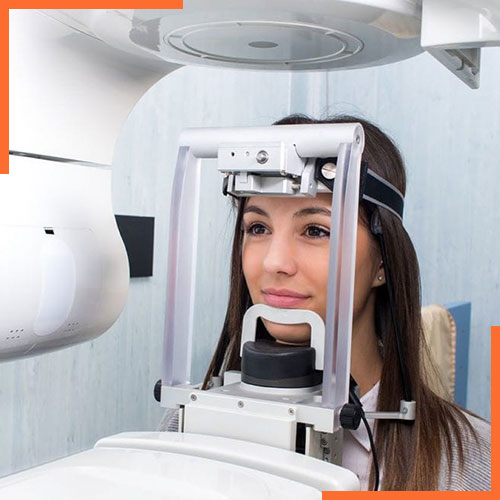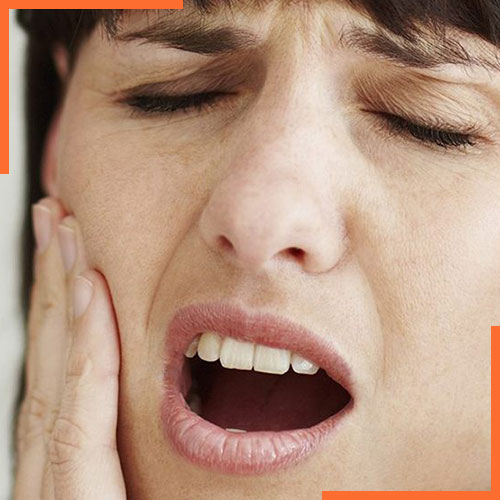

The temporomandibular joint, or TMJ, are the joints located on each side of the head where the skull and lower jaw meet. The TMJ is the most constantly used joint in our body allowing us to open and close our mouth, speak and chew.
Any problem that prevents the TMJ to work properly may result in TMJ disorders. Oftentimes, TMJ disorders have long-term symptoms that can affect a patient’s quality of life.
Possible causes of TMJ disorders include arthritis, injuries, displacement of the disc located between the jawbone and the socket, stress and teeth grinding (bruxism).
Diagnosing TMJ disorders can be complex and may require different procedures. Depending on the diagnosis, your dentist may recommend stress management, bite plate or splint therapy or short-term non-steroidal anti- inflammatory drugs to relieve the pain and to relax the muscles. If these approaches are unsuccessful, your dentist may refer you to a Specialist Prosthodontist or an Oral & Maxillofacial Surgeon for other treatment options. A surgical approach may include arthroscopy, arthrocentesis or joint reconstruction.